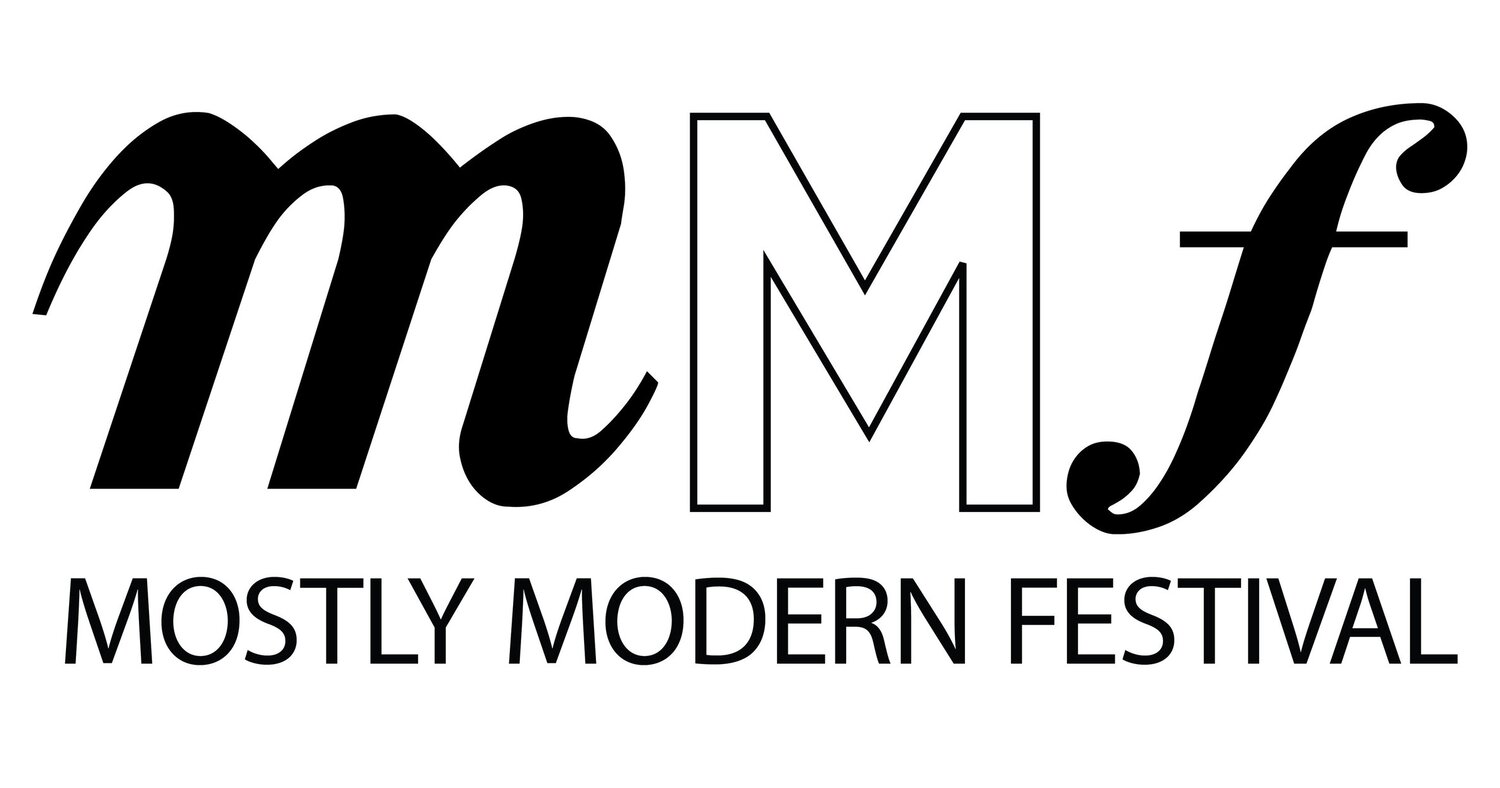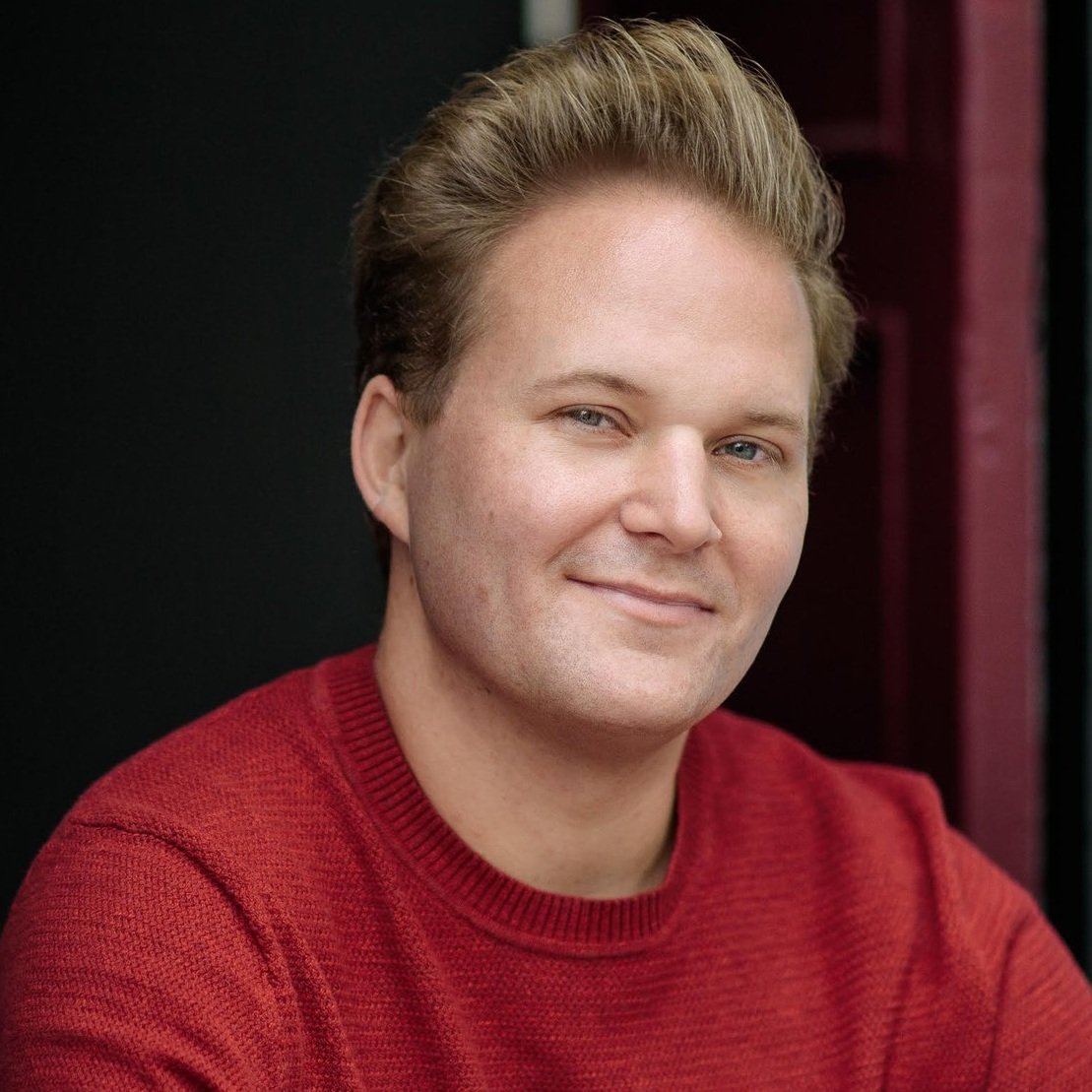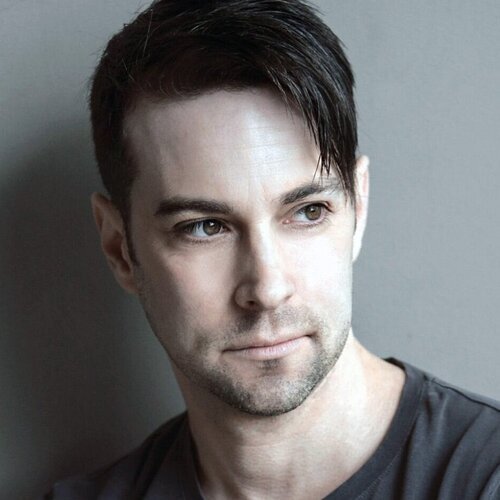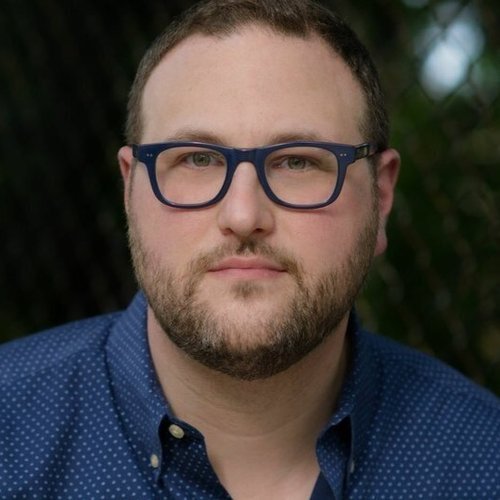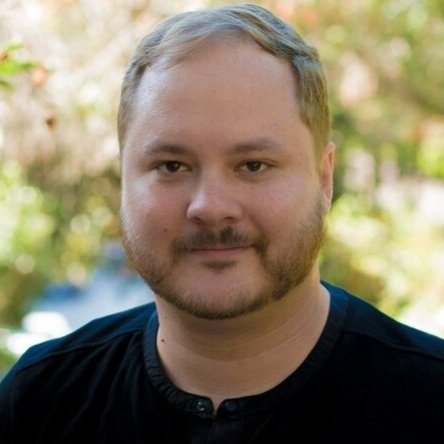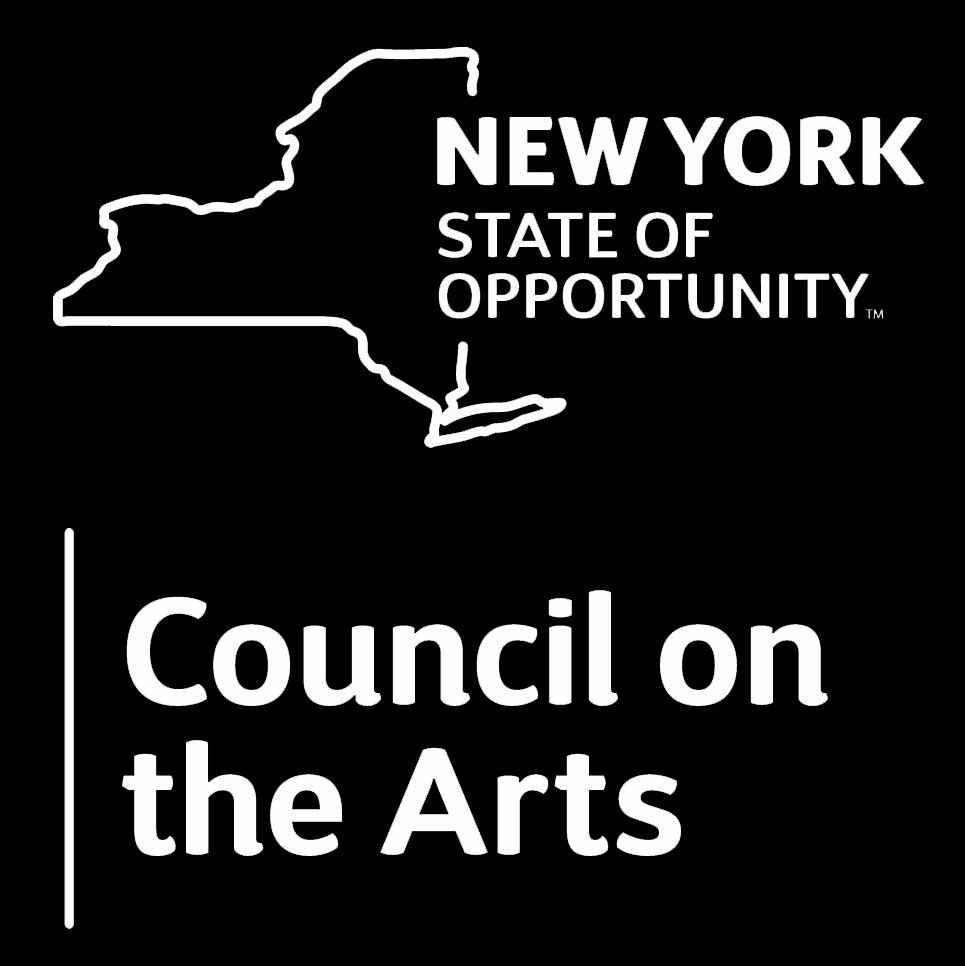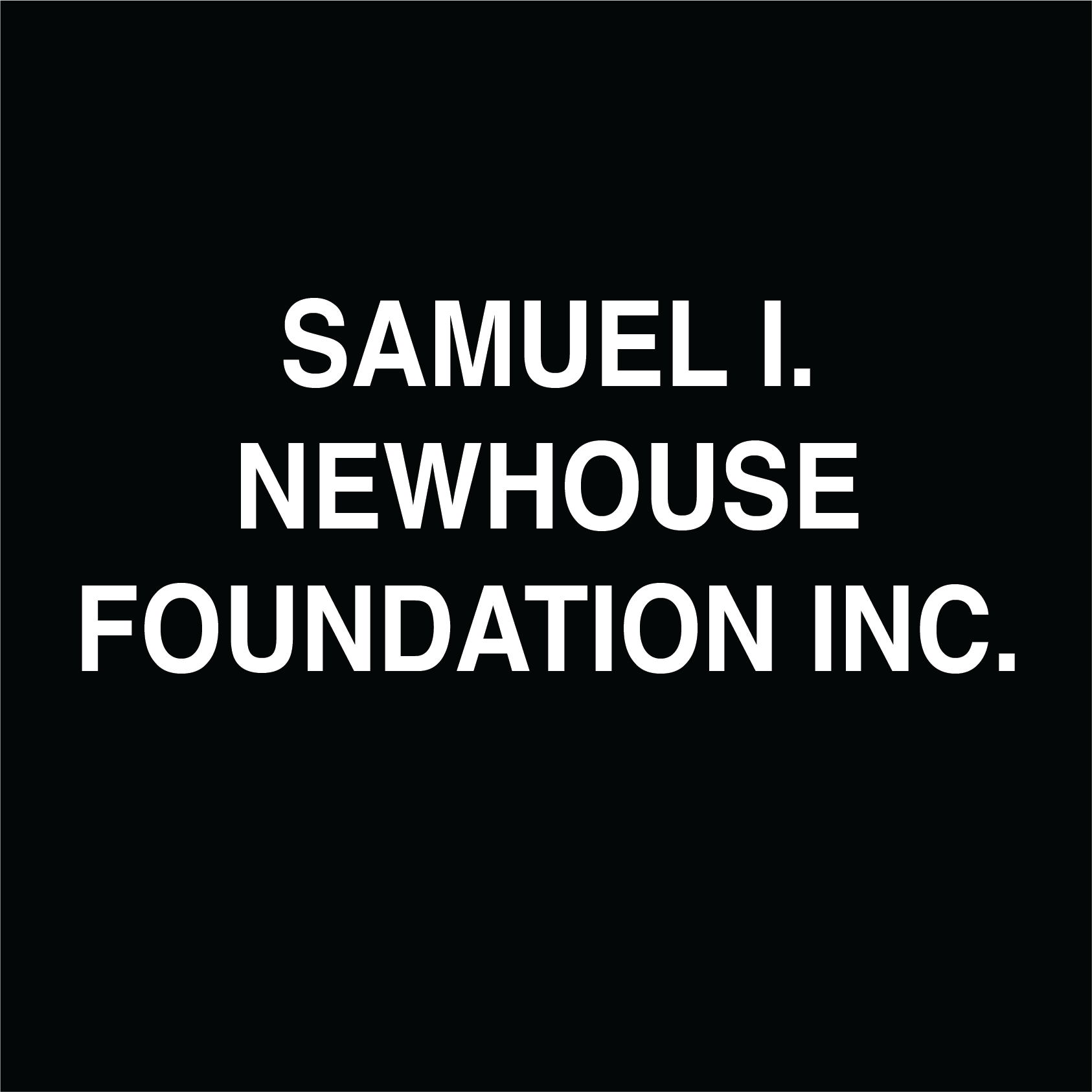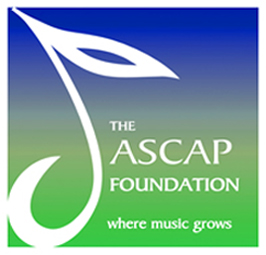Mostly Modern Festival’s brand-new Modern Vocal Projects (MVP) program celebrates living composers, librettists, and singers and is creativity-driven and composer-forward. It is offered as one of the options for composers to have a piece performed when they apply to attend the Mostly Modern Festival, and it provides an opportunity for singer participants to work with composers at the festival.
Highlights
MVP allows MMF participant singers to work with living composers, librettists, directors, and conductors.
MVP is unique among creative operatic programs with an educational component. We are delighted to be able to allow composers to compose for an ensemble, not just piano.
No creative subject or classically-oriented musical style is off the table, although each libretto will need to be approved by our creative team. Although we may suggest themes, we don’t assign specific texts. Every composer, librettist, and creative team is different, and we celebrate that.
Each season we provide at least one living librettist as an option for composers to work with and a director who loves contemporary music. Although we allow composers to use pre-existing texts, we strongly encourage and welcome composers to collaborate and work with living writers as much as possible.
We workshop each scene or opera at the festival, culminating in a performance on one of the MMF vocal programs.
To the best of our ability, all productions will be semi- or fully staged at Skidmore College’s Arthur Zankel Music Center in the beautiful 600-seat Helen Filene Ladd Concert Hall.
We record each piece and post the videos on the Mostly Modern Projects YouTube Channel, which may be freely shared and embedded anywhere online via the YouTube link. All videos will be shot in high-definition and with multiple cameras. Composers and performers are also provided with audio WAV files that they may post online and use for non-commercial, archival purposes (for applications, auditions, etc.)
Goals
Premiere or perform short dramatic works up to eight minutes in duration by Mostly Modern Festival composers.
Provide a setting for composers, librettists, singers, directors, and audiences to experience contemporary opera in an inclusive, welcoming environment.
Allow composers and librettists to feel like they can flex their creative and collaborative muscles while at the same time encouraging composers to work with singers so their vocal parts are as effective as possible. We are here not to impede but to help creatives launch their artistic voices. New music is celebrated, and the quality of the music is a main focus and is not treated as incidental or a secondary concern to be glossed over or ignored.
To be as organized and clear as possible regarding initiatives, goals, deadlines, technical considerations, and what to expect from MVP and the associated performance.
Guidelines
Each season, up to four participant composers will be chosen to compose a dramatic vocal work up to eight minutes in duration for up to three singers and a chamber ensemble of up to six instrumentalists, not including a conductor.
Instrumentation will be modeled after American Modern Ensemble instrumentation guidelines. Performers will consist of Mostly Modern Festival participant singers, faculty, and fellowship instrumentalists performing with American Modern Ensemble.
Composers may choose between two to three vocalists for their work, so no monodramas. We don’t allow monodramas for two main reasons: we need to try and utilize as many singers as possible during the festival while also keeping the productions somewhat compact, and we are also eager to give composers an opportunity to write duets and trios, and experience writing for multiple voices and voice types. We typically have many sopranos, a couple of mezzos, and a couple of low voices, but we won't know the exact voice types until later in the spring. Considering this, we recommend choosing from the following combinations or a subset:
Soprano, mezzo, baritone
Soprano, soprano, baritone
Soprano, soprano, mezzo
Soprano, soprano, soprano
IMPORTANT: we strongly advise composers to be mindful of various details, such as difficulty level and rehearsal time, when composing for the voice. We recommend that composers review our Composing For The Voice: Suggestions and Guidelines before composing for the voice. We pair composers with appropriate singers for each role to ensure a successful performance of your piece.
Librettos: Composers may use a pre-existing text in the public domain or a text they have written permission to use or work with one of our faculty librettists. We strongly recommend that composers not write their own librettos. Faculty librettists will work with each composer via Zoom, email, or phone. There can be up to three drafts maximum, and the libretto must be completed within a month of your acceptance to MMF. Please note that librettos will need to be approved by the creative team.
Composers may include suggested minimal staging, which can include up to three chairs, a table, and small props, either easily obtainable or provided by the composer.
Technical Reminders and Considerations
The maximum duration for each work is eight minutes. Please keep this in mind as you compose your piece. If your work is significantly longer than the duration limit, your performance and recording may be negatively impacted and could require cuts that we would like to avoid.
We will use supertitles; the instrumentalists may or may not be on stage for these productions.
IMPORTANT: please be sure to review the documents on the Composers’ Corner page, including the following:
Schedule & Deadlines
Please note that this is not an exact science due to the nature of the creative process. We will do our best to ensure that everything is reviewed, turned in, and disseminated in a timely manner, but we ask that everyone remain somewhat flexible.
Important: when working on collaborative, dramatic works, communication is critical. We may periodically set up Zoom or phone meetings with composers and librettists. We expect you to respond to our communications within 24-48 hours. If we think you will not be able to communicate in a timely manner, we reserve the right to remove you from the program.
February 1-8: notify us of your preferred librettist and/or chosen text and voice types and schedule two meetings with our Librettist and Composition Program Coordinator.
March 1: completed librettos turned in. Please see our Libretto Policy and Guidelines with notes regarding any changes that need to be made after the final libretto is submitted.
March 2-5: online Zoom meeting with librettists(s) and our librettist faculty member, and possibly our director, artistic director, composition program coordinator, and vocal coach to review libretti and make any changes. Please note that these meetings will be recorded, and the recordings will be made available to the composers and/or librettists for private, archival use and study purposes.
March 20: final libretti given to composers.
April 15: final deposits due for singers and instrumentalists.
April 25: submit piano/vocal materials draft for review:
Piano/vocal score PDF draft and piano/vocal music file draft (Sibelius, Finale, Dorico, MuseScore, etc.)
MIDI audio file MP3 draft. Please note that an audio file is mandatory. If you cannot produce a piano/vocal score, an audio file is acceptable, but both are preferred.
Please note you will receive feedback from the composition faculty that everything is approved or with suggestions and/or requested changes.
April 15-25: singers fill out the online Singer Profile form.
April 26: singers assigned to roles.
April 27: piano/vocal scores, MIDI audio files, and vocal parts will be given to singers to double-check ranges, difficulty, etc.
May 22: submit chamber materials draft for review:
Chamber score and sample part PDF draft and chamber music files draft (Sibelius, Finale, Dorico, MuseScore, etc.)
MIDI audio file MP3 draft of the score. Please note that an audio file is mandatory. If you cannot produce a chamber score, an audio file is acceptable, but both are preferred.
Please note you will receive feedback from the composition faculty that everything is approved or with suggestions and/or requested changes.
May 10: singers notify us by this date of any difficulties. Composers will be given any notes regarding singer difficulties.
May 15: Final PDF piano/vocal scores and/or MIDI audio files, chamber score, and all parts due. A submission form will be available after April 25th. IMPORTANT: PDFs and audio files are for performers to practice before they arrive at the festival. You must bring physical scores and parts to the festival; we will not be printing physical parts for you. We recommend bringing three scores to the festival: one for the conductor and two for you and your colleagues to look at during rehearsals. IMPORTANT: if you do not turn in your final PDFs by this date, we cannot guarantee that your work will be semi-staged or staged and may be “on-book.” In addition, certain pieces may not be staged based on the level of difficulty, but we will do our very best to stage your work.
June 5-7: each piece will receive a 30-60 minute table read about characters with composers, librettists (if available IRL or virtually), singers, directors, and vocal coaches present.
Mostly Modern Festival is supported in part by the National Endowment for the Arts and is made possible by
the New York State Council on the Arts with the support of the Office of the Governor and the New York State Legislature.
